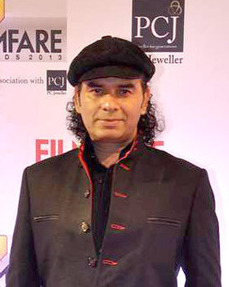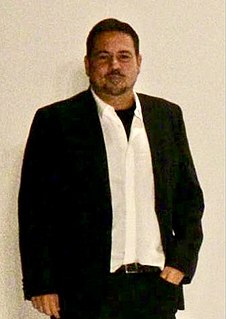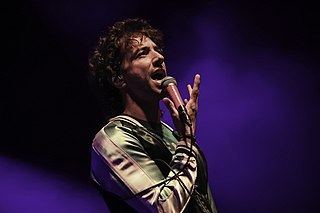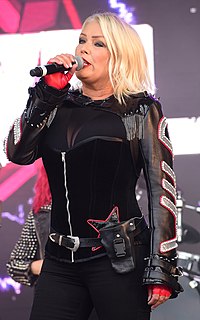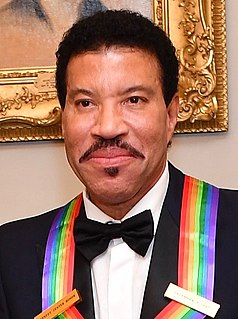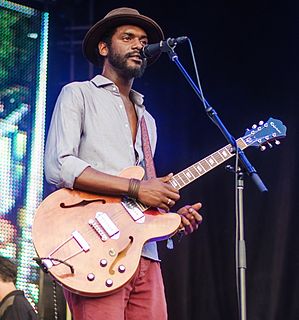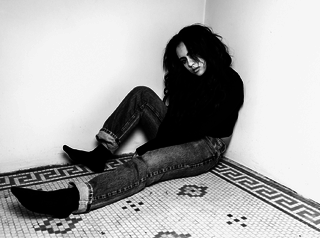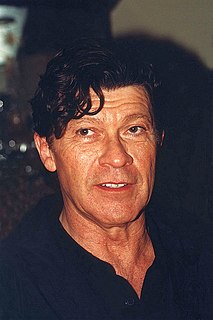A Quote by Mohit Chauhan
In schools, if you go to teach kids with less interest in music the nuances of music, they feel deviated, as it is very technical. But teaching them songs, to begin with, creates a natural desire in them to know the other country, their eating habits, the way they dress up, how they look, and other things.
Related Quotes
The thing about Parsons compared to the other schools is that it really teaches you how to be a designer, whereas some of the other schools teach you to sketch or teach you the technical skills. But the curriculum at Parsons when I was there was how do you put a collection together, as well as all the technical stuff. It's the best training.
I feel that for years of teaching in the country and reading criticism in books, I feel like the things most needed in our culture are the understanding of the meanings of our music. We haven't done that good of job teaching our kids what our music means or how we developed our taste in music that reminds us and teaches us who we are.
I write my music with the idea that it will appeal to all of those people, and I want them to go in with all the history that's within all of us - all the things that they've listened to in the backs of their minds, whether it's country music or minimal techno, or classical music or whatever. I want them to bring that excitement, that love, or that hate, or whatever it might be, to my music. I feel that my music draws on so many different things.
As a teacher and parent, I've had a very personal interest in seeking new ways of teaching. Like most other teachers and parents, I've been well aware painfully so, at times that the whole teaching/learning process is extraordinarily imprecise, most of the time a hit-and-miss operation. Students may not learn what we think we are teaching them and what they learn may not be what we intended to teach them at all.
My idea was you can't dress for the stage, you have to dress all the time like you're onstage. And so I would just always wear suits or some form of it. I wanted people to know I played music. That was kind of how you would find other people: you would just walk around looking a certain way and end up meeting someone who liked the way you look.
I grew up with synthesizers and weird, spacey music-hip-hop, R&B, modern rock-that I heard on the radio. That's influenced the way I play music. It's natural for me to go with what I feel. If I didn't let that other stuff out and stuck to a certain format, I would feel like I was missing out on something. I'm just enjoying my ride and being who I am.
It's my life dream to be able to go and continue going to schools and teaching them about stretching and aerobics, cardio and strength training, because I want them to have a better life than I did. I don't want them to grow up to be me. I want them to be healthy. I want them not to go through eating disorders [like me].
It's difficult to get a job and people stay in school longer because they're employed as teaching assistants or instructors by their schools, by their schools where they're graduate students, and that does become exploitative eventually because they're very cheap labor and there's a way in which in it's not in the institution's interest to give them a degree if they can continue to employ them, I don't think anybody thinks that way, but effectively that's the way the system is starting to work.
The people wanted to believe that the Negroes couldn't learn to read music but had a natural talent for it. So we never played with no music. I'd get all the latest Broadway music from the publisher, and we'd learn the tunes and rehearse them until we had them all down pat- never made no mistakes. All the high-tone, big-time folks would say, isn't it wonderful how these untrained, primitive musicians can pick up all the latest songs instantly without being able to read music?
It would be nice to abandon the verse-chorus-bridge structure completely, and make it so none of these things are definable. ... Make up new names for them. Instead of a bridge, you can call it a highway, or an overpass. ... Music should never be harmless. ... I remember from my earliest years, people speaking, you know, in a certain kind of rhythm and telling stories and sharing experiences in a way that was different in Indian country than it was other places. And I was really struck by this and obviously very affected by it, because it's always come out in my songs.
